Note: This post has been guest authored by Mariya Adems, who is a freelance writer, contributor, business enthusiast, a bit of a tech buff, and an overall geek. She is also an avid reader, who likes reading and knowing about the latest gadgets and tech, whilst offering views and opinions on these topics.
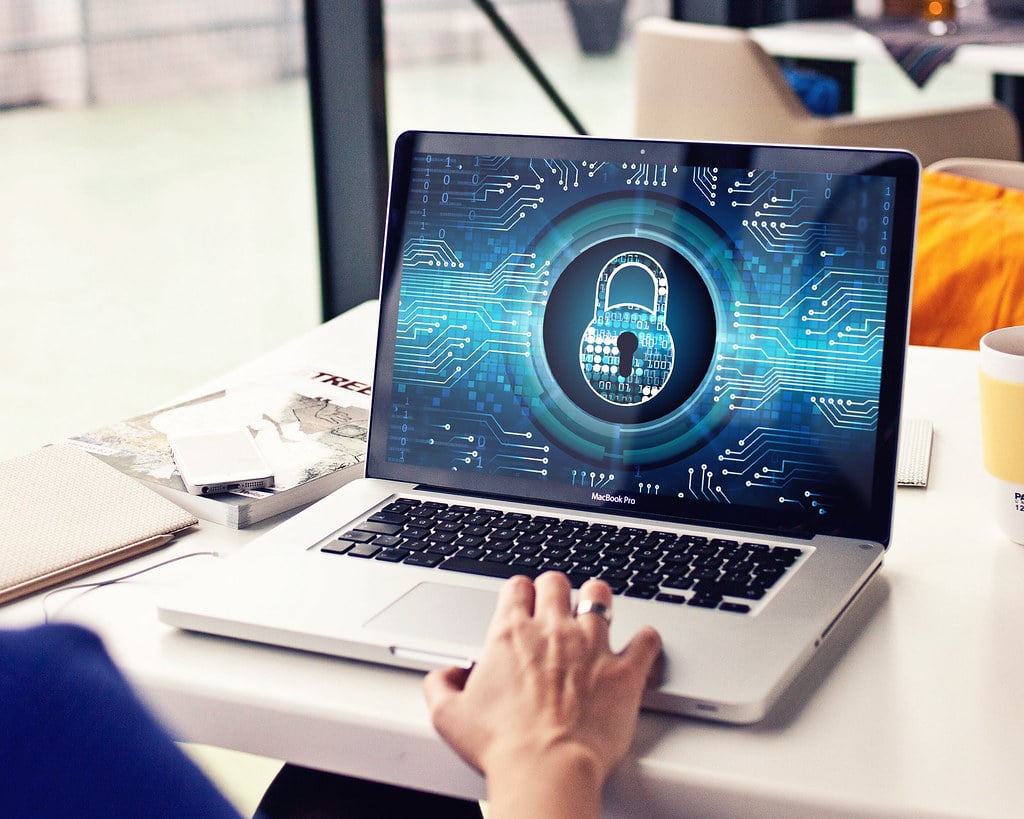
The online space has a lot to offer, but it also has its challenges. Some people make a living out of hacking other people’s websites. They will take advantage of any loopholes to access your data and use it for their own purposes. According to a 2018 report by Cyber Security Breaches survey, more than 43% of businesses fell victim to Cybercrime. Industry experts estimate that by 2021, the cost of Cybercrime will be $6 trillion.
While the statistics pay attention to larger cybercrimes, your blog is equally at risk. There is a lot of money in the content generation business, and that is what those who attack your blog will be looking for. You will find your work on other websites without your knowledge or consent, which can be very frustrating. We will focus on fantastic tips on how you can improve your blog security in our article below.
1. The Login Is Critical
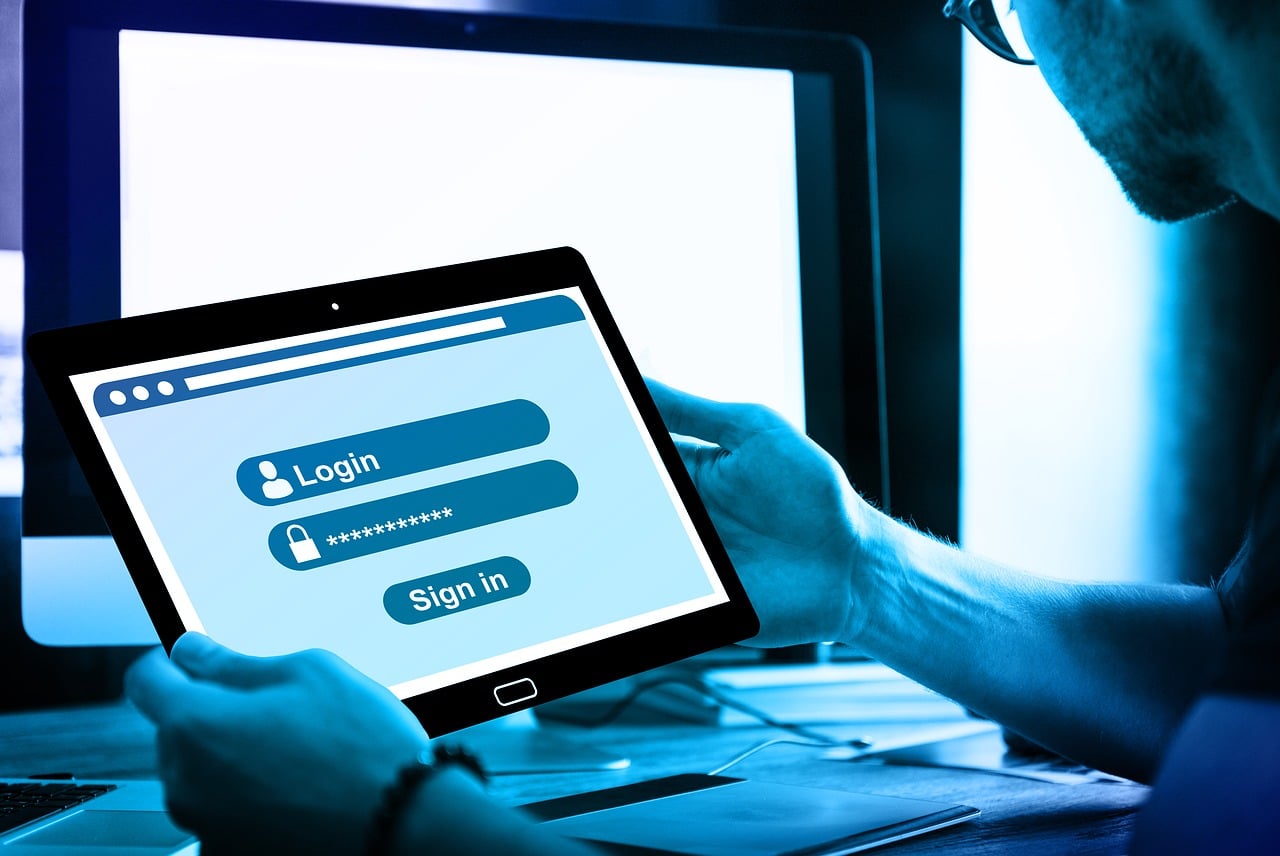
Hackers will use your URL to get access to your website. You must, therefore, take the necessary measures to secure it so that they do not have easy access. One such way is through URL customization. If, for example, you are using WordPress, the default username is admin. You must, therefore, ensure that you change it as soon as possible to make it difficult for hackers. Other security measures include the use of CAPTCHA, minimizing the number of login attempts, having security plugins, among others.
One good tip is to add password protection to the admin folder. Anytime someone tries to access the folder; they will need the right password and username. It helps keep anyone who does not have the proper credentials from accessing vital information.
2. Get SSL Certificate
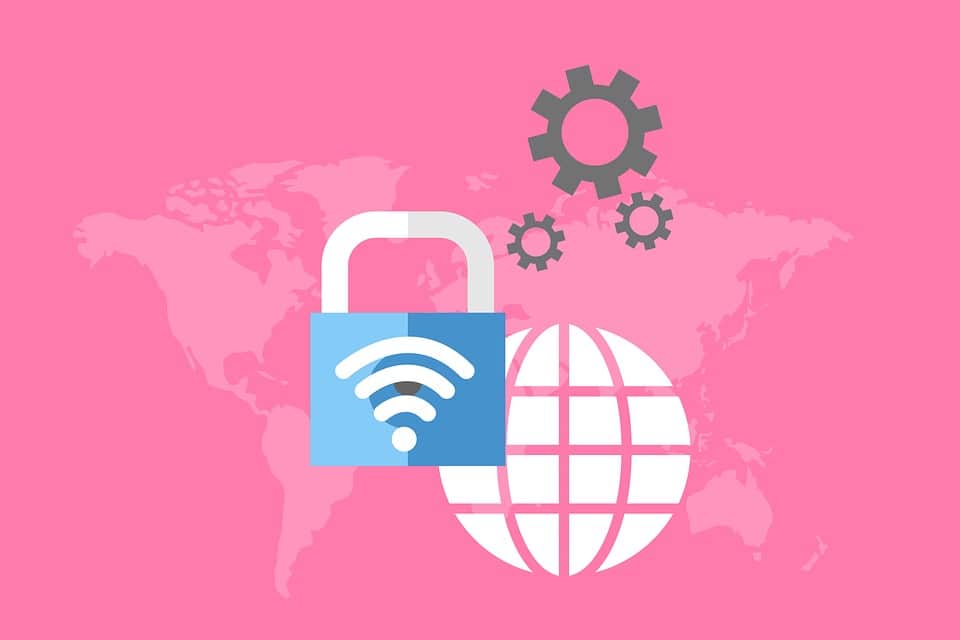
SSL certificate is a critical aspect of ensuring website security. With an SSL certificate, you get to secure data transmission between a website and the users. You can, therefore, ensure the safety of information such as login details, credit card information, and phone numbers, etc. One of the best certificates in the market is the Wildcard SSL certificate if the website holders have unlimited subdomains. Unlike the regular one which will only give you protection for one domain, a wildcard SSL certificate will provide you with protection for subdomains.
The advantage of a Wildcard SSL certificate is you get to save a lot of money because you do not need to purchase separate certificates for each subdomain. It also assists with the administration part because it makes it easier for you to manage the security from one place. It is important to note that with an SSL certificate, you will get a higher ranking on search engines and attract more traffic to your website.
3. Keep Up with The Updates
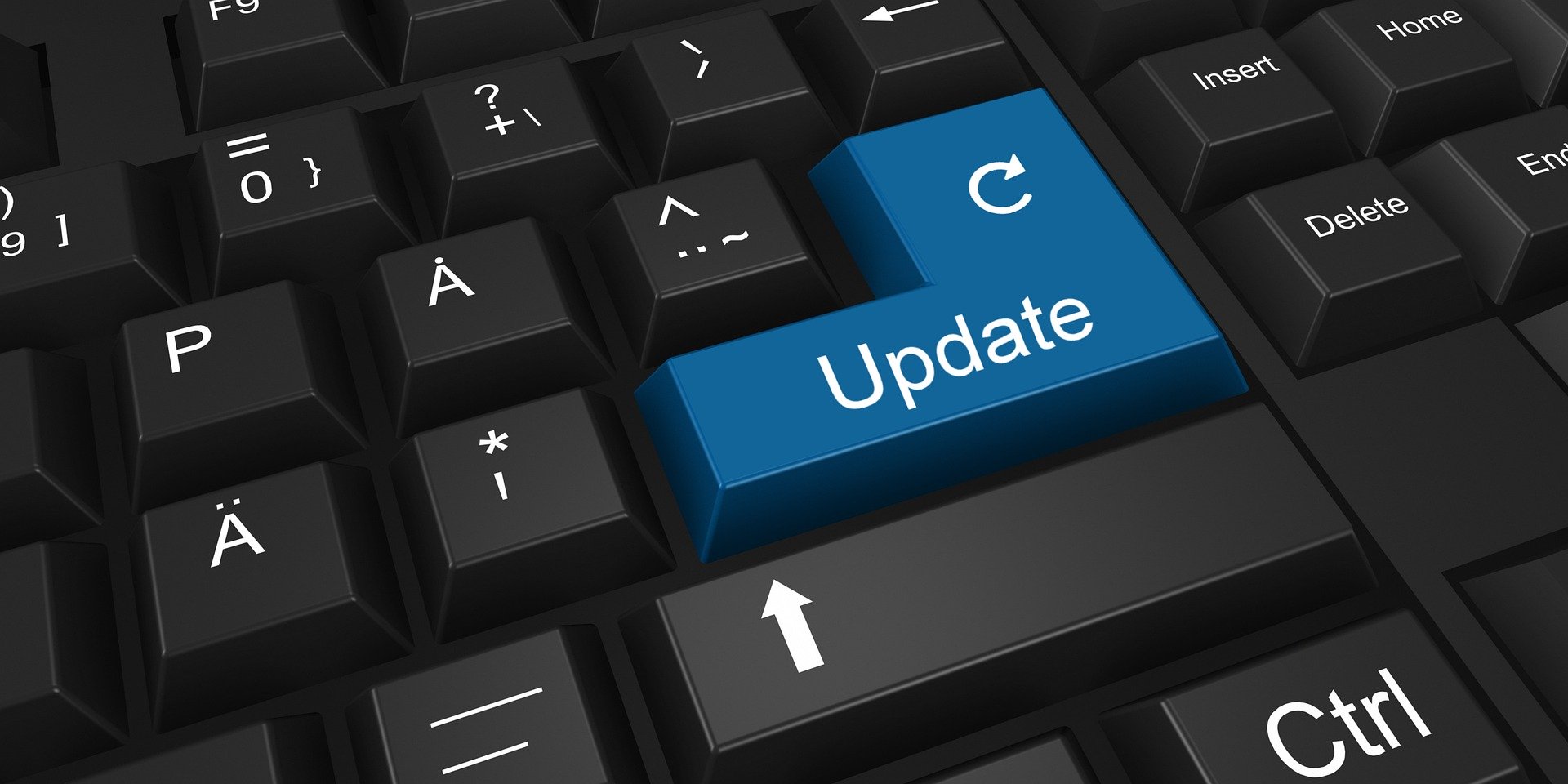
Developers are always working hard to push out the latest software updates. They would not be spending all the time and money if it was not a critical aspect of software management. You must, therefore, ensure that you keep up with the software updates to reduce your vulnerability to hackers. Outdated software will work like home for hackers where the penetration can be possible.
4. Be Careful About Plugins
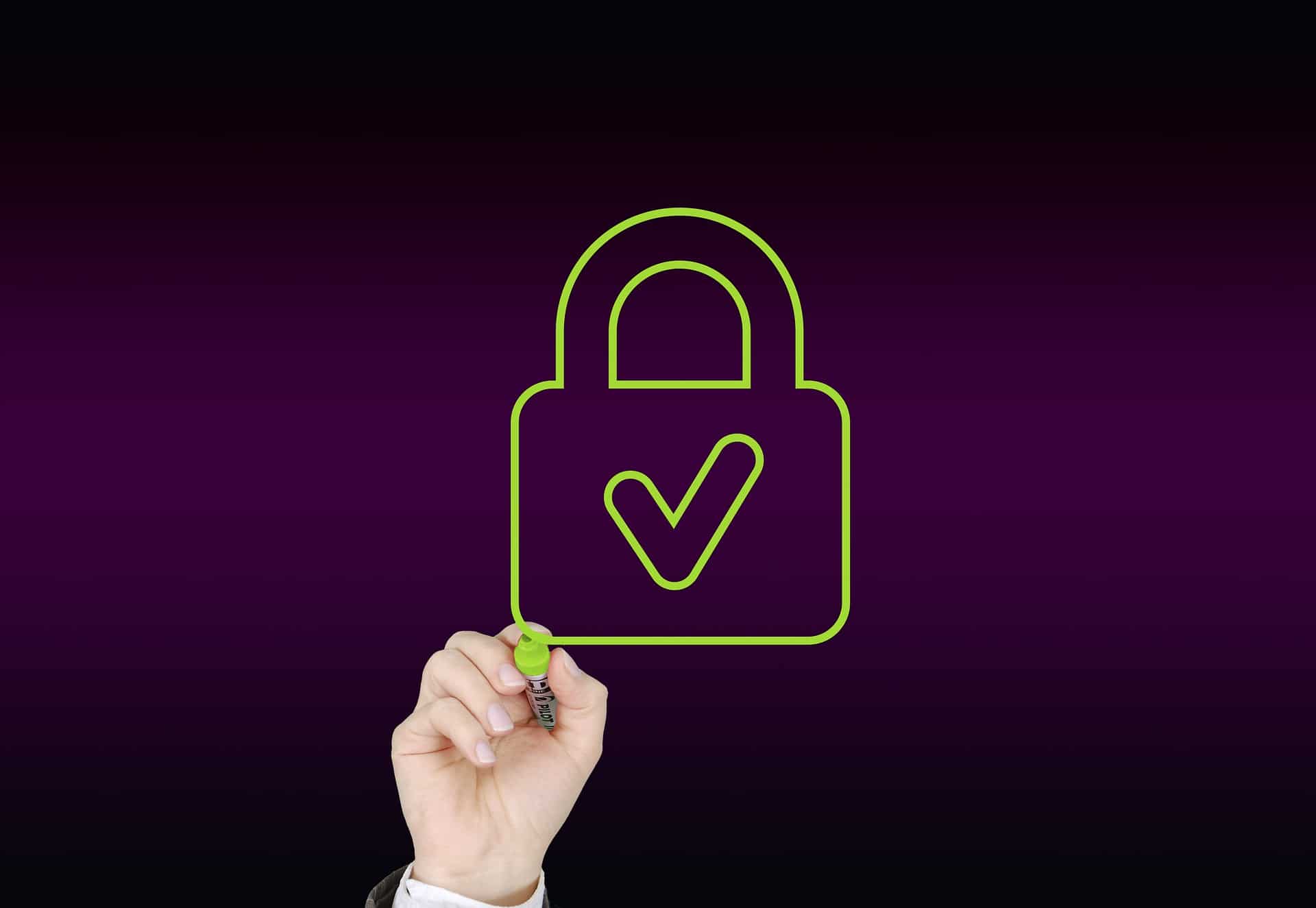
Plugins are fantastic because they add easiness to the overall functionality of your website. You will find so many plugins available, but you need to be careful about the ones you install. Hackers may find access to your website through the plugins, so before you install any plugins, you must do your due diligence. You must have filled to the following: –
- Check customer reviews and ratings because they are a good indicator of how good a product is.
- If you are on the WordPress platform, for example, use those that are in their directory.
- Install popular plugins, and it is easy to know because you can easily see how many people have downloaded it. Avoid those plugins that barely have any downloads; it could be an indication that they have some issues
- Consider plugins that have security features such as a limit on login attempts and those that scan comments for malware, among others.
5. Pay Attention to Your Password
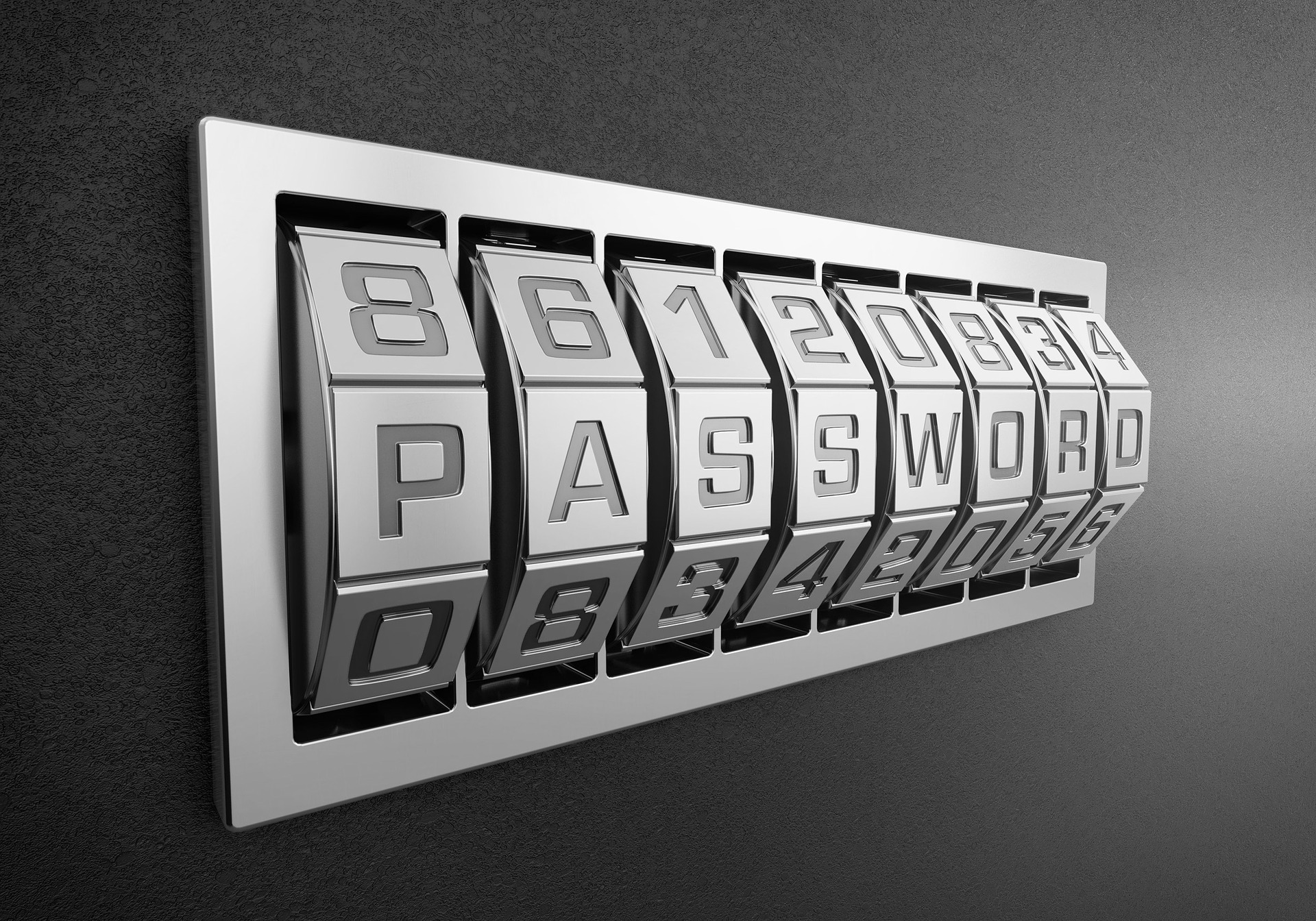
One of the most common mistakes many people make is through the type of password they choose. Such errors include common phrases or patterns, the use of personal data or names, simple permutations, among others. Hackers know this and will use all they can to crack such passwords. You must invest time in coming up with a complex password so that you make it harder for them to get access to your website. Some of the things you can consider include: –
- Have a long password so that the hacker cannot use brute force to gain access
- Consider unique nonsensical phrases and avoid sequential characters as much as possible
- Incorporate the use of numbers, uppercase, lower cases, and symbols
- Avoid personal information
- Do not repeat passwords
- install a password manager
- Be careful about who knows your password
- Ensure you update your passwords regularly
6. Choose the Right Web Host Provider
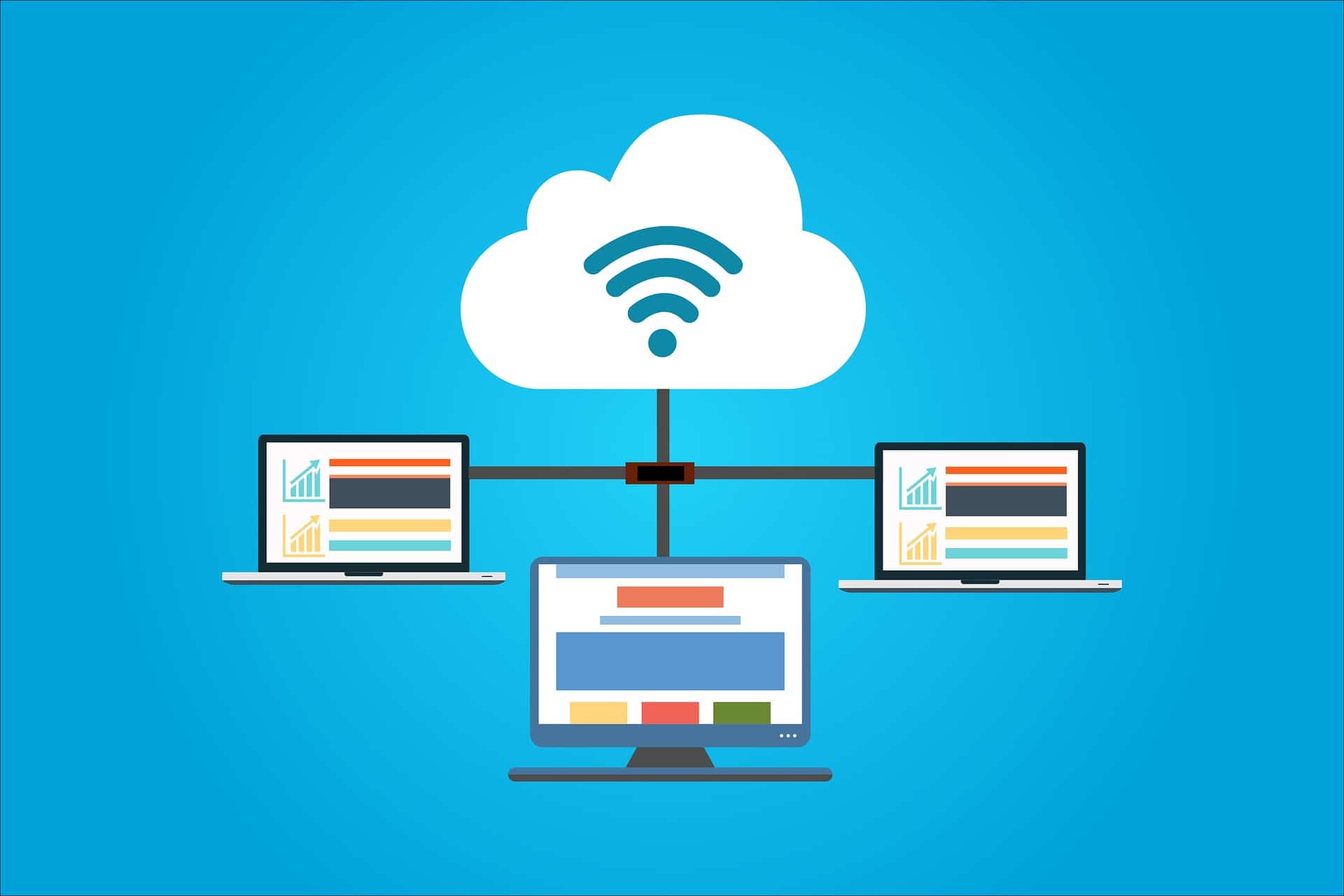
The right web host provider is essential for the running of your website. Look for one that will give you enough bandwidth so that you have fast loading pages. Pay attention to the type of security features they have so that you keep your website safe.
7. Backup Your Data

You spend a lot of time coming up with your content, and it would, therefore, be a pity if you were to lose it all if something were to happen to your website. Ensure you regularly backup your data so that you have access to all your content. The right web host provider will have data backup as part of their services. Even with that feature, you must also do a backup on your own as an additional security measure.
Final Thoughts
We have looked at some of the best ways to secure your blog. Think about your password, install a cheap SSL certificate, regularly update and backup your website, and be careful about the web host provider you choose. Also, consider installing a firewall, blocking hotlinking, running regular scans, among others. Platforms such as WordPress have some of the best content management systems, but you must also do your part by incorporating some of the security measures we have highlighted above.

